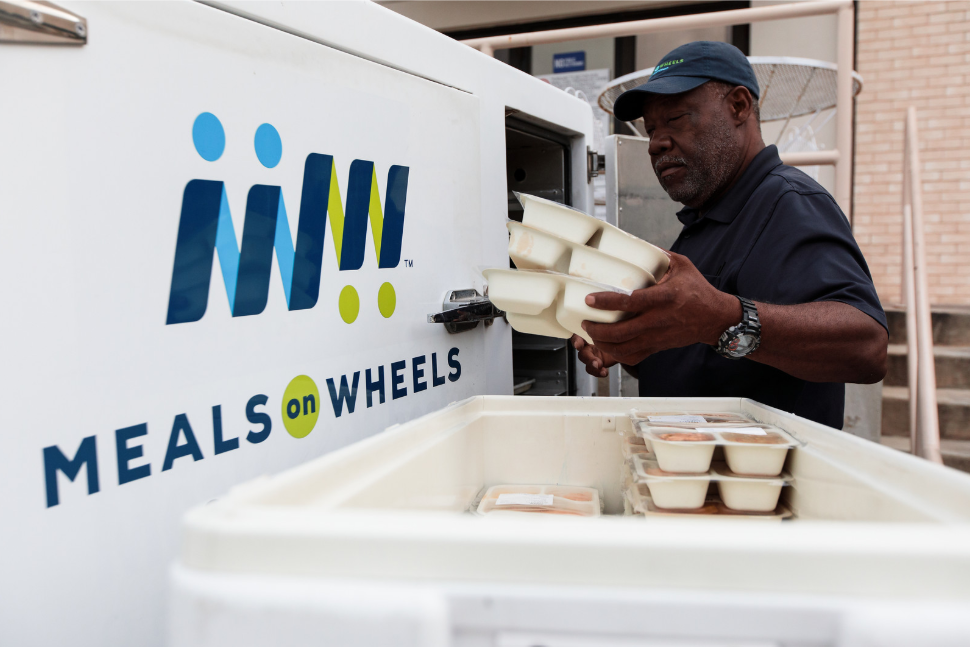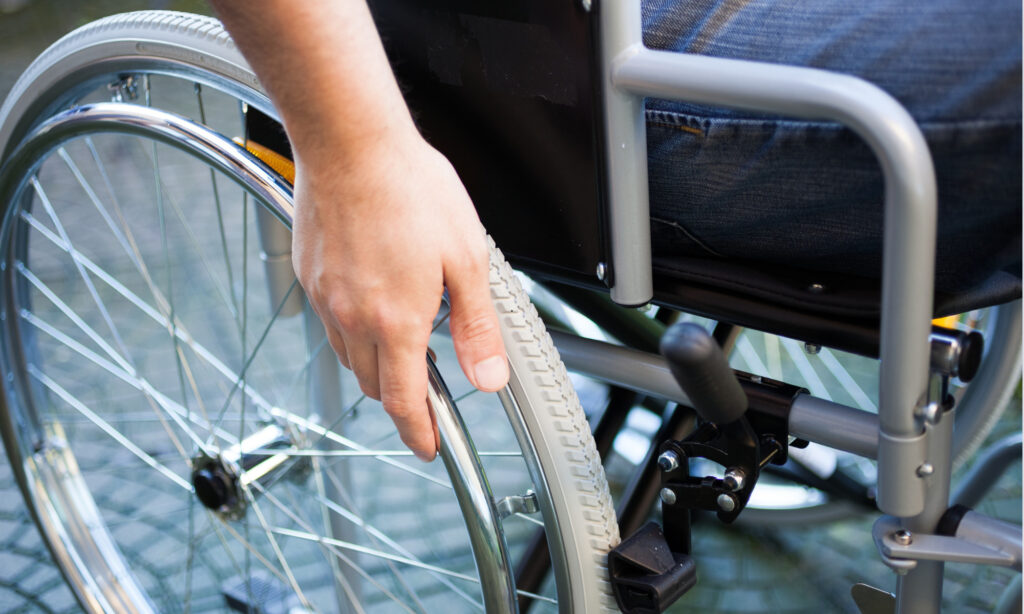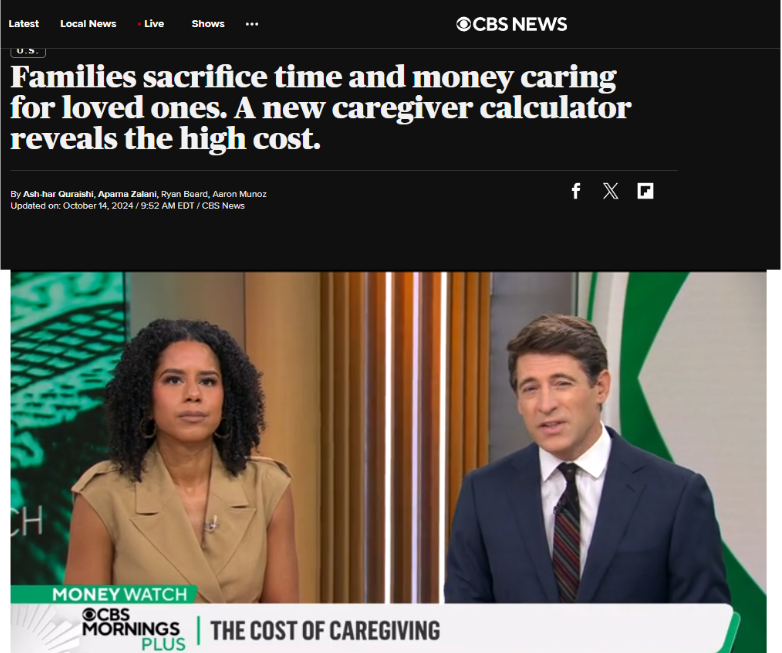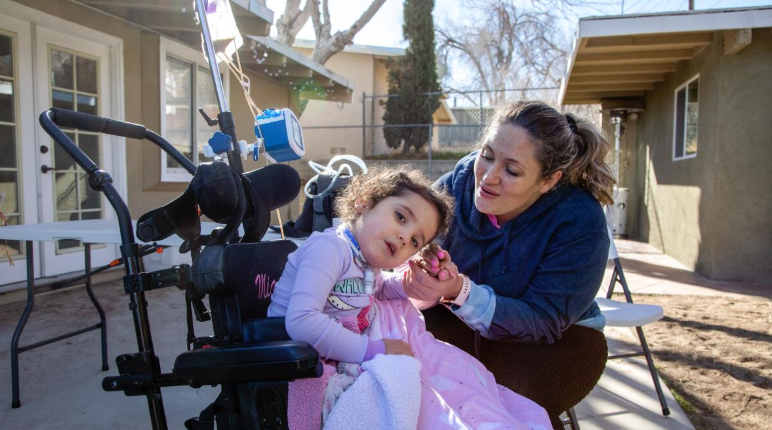
How to Relieve Financial Burden on Family Caregivers in Florida
Family caregivers work two full-time jobs—one that pays, and one that drains their finances. One of the pillars of caregiving that shifts in caring for a loved one is learning how to relieve the financial burden on family caregivers, especially when family support runs dry.
From missed work hours to mounting medical bills, grocery runs to countless drives to appointments – the costs add up in ways nobody prepares you for.. You’re not alone in this struggle.
Across America, family caregivers contribute an astounding 36 billion hours of unpaid care annually, valued at around $600 billion. With caregivers spending over $7,000 out of pocket yearly, it’s no wonder many feel overwhelmed by the financial strain.
Floridians are among the most resilient people in the US. However, here’s something many caregivers don’t realize – just because you can doesn’t mean you should. There are financial lifelines available, from assistance programs to tax benefits and special grants designed specifically for family caregivers like you.
The key is knowing where to find them and how to access the support you deserve.
How to Relieve Financial Burden on Family Caregivers of Florida
As a home health agency, we work hand in hand with family caregivers and know their stories to heart. In this post we want to express our support by providing some ways you can have a wiggle room with your finances.
1. Take Advantage of FMLA Benefits

Taking a leave without compensation for it might not add up a few bucks on your wallet. However, having a secure job and a little flexibility in a very structured workplace when your loved one needs you at home is still a huge relief for family caregivers.
If you need time off work to care for a loved one, the Family and Medical Leave Act (FMLA) allows eligible employees to take up to 12 weeks of unpaid leave per year. Your employer must hold your job during this period. Check with HR to see if you qualify.
2. Cut Grocery Costs with Meals on Wheels

Image Source: Vantage Health
Food costs can add up quickly in caregiving due to the restrictions that come with your loved one’s specific condition. But programs like Meals on Wheels can help cut some grocery costs. Meals on Wheels is a program that offers free or low-cost meal deliveries to seniors delivered to their residences 3 to 5 times a week.
Each local area covered by this program operates differently. Enrolling your loved ones on Meals on Wheels of Florida ensures a good, nutritious meal for every senior Floridian and every volunteer can provide a quick wellness check as they deliver the meals.
To learn more about your eligibility for the program, you may contact Beth Aker, Executive Director, Meals on Wheels of Pasco, at beth@mealsonwheelspasco.org.
3. Claim Tax Deductions for Caregiving Expenses

If your loved one qualifies as your dependent, you may be eligible for tax deductions on medical expenses, home modifications, and caregiving supplies. But before you check them, generally you have to have these following criteria to be eligible:
- You claim that the person you’re caring for is a dependent. This means:
- They’re a relative who lives with you
- They have a gross income of less than $4,700
- They receive more than half of their financial support from you
- They chose you, or your family agreed that you would be the primary caregiver.. (If you have siblings who are willing to contribute to the support of a family member, they may need to sign a Multiple Support Declaration to determine who can claim the parent as a dependent.)
Tax Breaks or Credit for Eligible Floridian Caregivers
If you feel like you’re eligible for the tax break, here are some of the types of tax adjustments or benefits that can be granted to you based on your case:
- Credit for Other Dependents: You can claim a tax credit of up to $500 to $2,000 for each qualified dependent, whether your dependent loved one is on Medicaid or not. This credit is fully refundable. To qualify, you must meet certain requirements to receive this tax credit.
- Medical and Dental Expenses Tax Deductions: You can deduct unreimbursed medical expenses for your dependents like:
- Home healthcare
- Adult day care
- Necessary home modifications
If your expenses for the things listed above exceed 7.5% of your adjusted gross income (AGI) which weren’t paid back by your insurance, you can deduct that amount from your taxable income. With that, you’ll owe less on your taxes
- Head of the Household Filing: You may also cut your expenses by declaring or filing as Head of Household if you’re paying for more than half of the household expenses. Doing so will grant you a higher standard of deduction which can be up to $20,000.
- The Child and Dependent Care Credit: This is a special tax credit that helps reimburse for money used to care for your loved one through an adult day care center or a paid in-home caregiver while you’re working. It’s a more relaxed option since its requirements are not as rigid as others.
You could claim up to $3,000 – $8000 in caregiving costs for one to three qualifying people. To qualify:
- The person you care for does not have to be your dependent
- They must have lived with you for at least six (6) months
- They must be physically or mentally unable to care for themselves
4. Save Money by Borrowing Medical Equipment

Many local governments and nonprofits offer loan programs or allow you to borrow for wheelchairs, hospital beds, and walkers. Check with your city’s management office or local aging services to see what’s available.
5. Earn Compensation for Your Caregiving Work
As a caregiver, navigating the paperwork can be overwhelming but knowing your way around these grants and benefits to reduce costs and earn more can make your life a bit easier later on. Some programs allow family caregivers to receive compensation for their time and effort. Options include:
- Medicaid’s Home and Community-Based Services (HCBS) Waivers
- Veterans Affairs (VA) Programs – If your loved one is a veteran, you may qualify for VA caregiver benefits such as:
- Aid and Attendance Pension: If your loved one served in active duty military service that meets certain requirements, this provides financial support for those who have limited income and are unable to work due to caring for a disabled veteran or surviving spouse. The benefit depends on the number of dependents and other factors, but usually around $1,244 and up to $2,295 per month.
- VA’s Program of Comprehensive Assistance for Family Caregivers: Additionally, caregivers who qualify may also be able to receive a stipend for providing care to Veterans. You can receive a range of benefits including:
- A monthly payment
- Counseling
- Reimbursement for traveling to the Veteran’s appointments
- Long-Term Care Insurance Policies Some policies allow payments to family caregivers for in-home care services.
6. Apply for Grants Designed for Family Caregivers

Grants may be hard to find and process but they are a possible option for extra funding. They can help cover home modifications, respite care, and medical supplies. Here are some options:
- Hilarity for Charity offers an In-Home Care Grant Program for caregivers of family members with Alzheimer’s or dementia (3-6 months of free in-home care).
- National Organization for Rare Disorders and Multiple Sclerosis Foundation also offer grants for respite care.
- The Department of Veterans Affairs (VA) offers a Temporary Residence Adaptation (TRA) grant of up to $47,130 for service members with disabilities to modify their caregiver’s home.
- Early Pay-outs from Life Insurance: If you care for a family member who has a life insurance policy, they may be able to access some of the death benefit prior to their passing or sell the policy now for a portion of the death benefit. They can then use this early pay-out to help cover their costs.
- Utility Grants for Floridians: There is available funding for family caregivers and their loved ones for utilities like heating on winters from LIHEAP.
7. Tap into State-Provided Caregiver Programs and Incentives

Florida has numerous organizations that offer financial aid and support to family caregivers. Some key agencies include:
- Alliance for Aging, Inc. (Miami, FL)
- Seminole Tribe of Florida – Department of Elders (Okeechobee, FL)
- Florida Department of Elder Affairs (Tallahassee, FL)
Florida offers two major Medicaid programs that can help pay for in-home care and services and may be able to pay family caregivers:
- Managed Medical Assistance (MMA): It is designed to support family caregivers by covering essential in-home services – from personal care to housekeeping, meal preparation, and skilled nursing care. With a doctor’s prescription and a home health nurse’s care plan, MMA may also provide financial compensation to family caregivers, helping ease your burden while ensuring your loved one receives quality care at home.
- Developmental Disabilities Individual Budgeting (iBudget) Waiver: This program provides services to individuals with autism, developmental disabilities, or intellectual disabilities ages 3 or older who meet an ICF/IID level of care.
- Long-Term Care Waiver (LTC): This program can pay for home care, adult day services, and several other services to persons who are at risk of nursing home placement so they can remain at home. Here’s how to qualify:
- The person must be enrolled in Medicaid
- Be over 65 or over 18 with a disability
- Be living with cystic fibrosis, AIDS, or a traumatic brain injury
- The person must need substantial care
8. Reduce Home Maintenance Costs with Grants

Home modifications for safety and accessibility can be expensive. The USDA offers Single-Family Housing Repair Loans and Grants, which can help low-income caregivers in Florida pay for necessary home repairs. Learn more at rd.usda.gov.
9. Use a Caregiver Salary Calculator & A Caregiver Bill on The Works

Nobody wants to see how much they are losing in the name of caring for their loved ones because it will only make them worse. However, knowing the numbers can help you see the gravity of what you’re losing and how you can move forward from there.
The Otsuka Caregiver Salary Calculator can help you estimate what a professional caregiver would be paid for the same tasks you perform for free. Last year, several family caregiver advocates were looking into passing a bill that will provide more financial relief for family caregivers.
10. Special benefits for People with Disabilities

Families of children with disabilities can enroll in Medicaid’s Family Home Health Aide Program for Medically Fragile Children, which allows parents and family caregivers to receive financial compensation for the care they provide.
Legal Information for Caregivers in Florida
Grants and other paperworks to get funding from NGOs and government are bound by eligibility and legal requirements. Therefore, you also have to be informed about the laws and government programs in Florida that provide support to informal caregivers include the following:
For other details and potential benefits for family caregivers like you, you may check on the following resources:
- Family Caregiver Salary Calculator
- Medicine Assistance Tool for Discounts
- Benefits Assistance Directory
Essential Wellness: Your Partner in Caregiving
Caring for aged parents or loved ones at home takes more than just love – it takes resilience, strength, and support.
At Essential Wellness, we understand that every caregiver’s journey comes with its unique financial hurdles. That’s why we’ve built our services around making quality care accessible to every family who needs it.
Through our respite care services in South Florida, you can take those much-needed breaks while knowing your loved one is in compassionate, professional hands.
As one of home health agencies who aims to represent care in healthcare, we believe financial constraints shouldn’t stand between families and exceptional care. That’s why we proudly accept Medicaid, Medicaid waivers, and have expanded our partnerships to include Aetna Health.
Your journey of caring for your loved ones doesn’t have to be a solitary one. Essential Wellness is here to walk alongside you, providing the support, understanding, and professional care that you and your family deserve.

